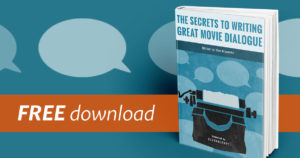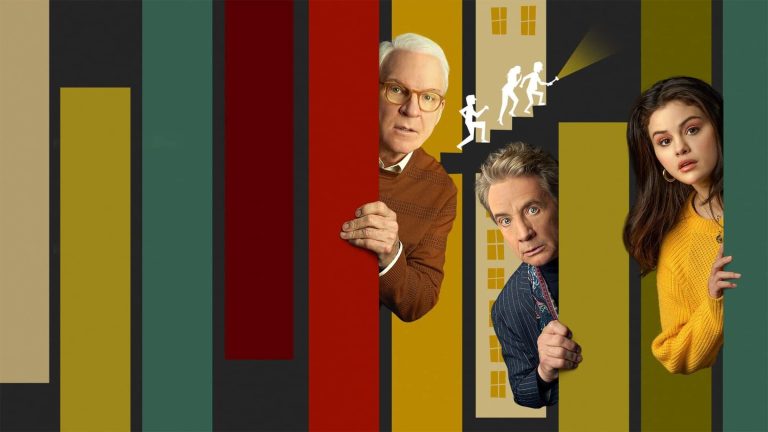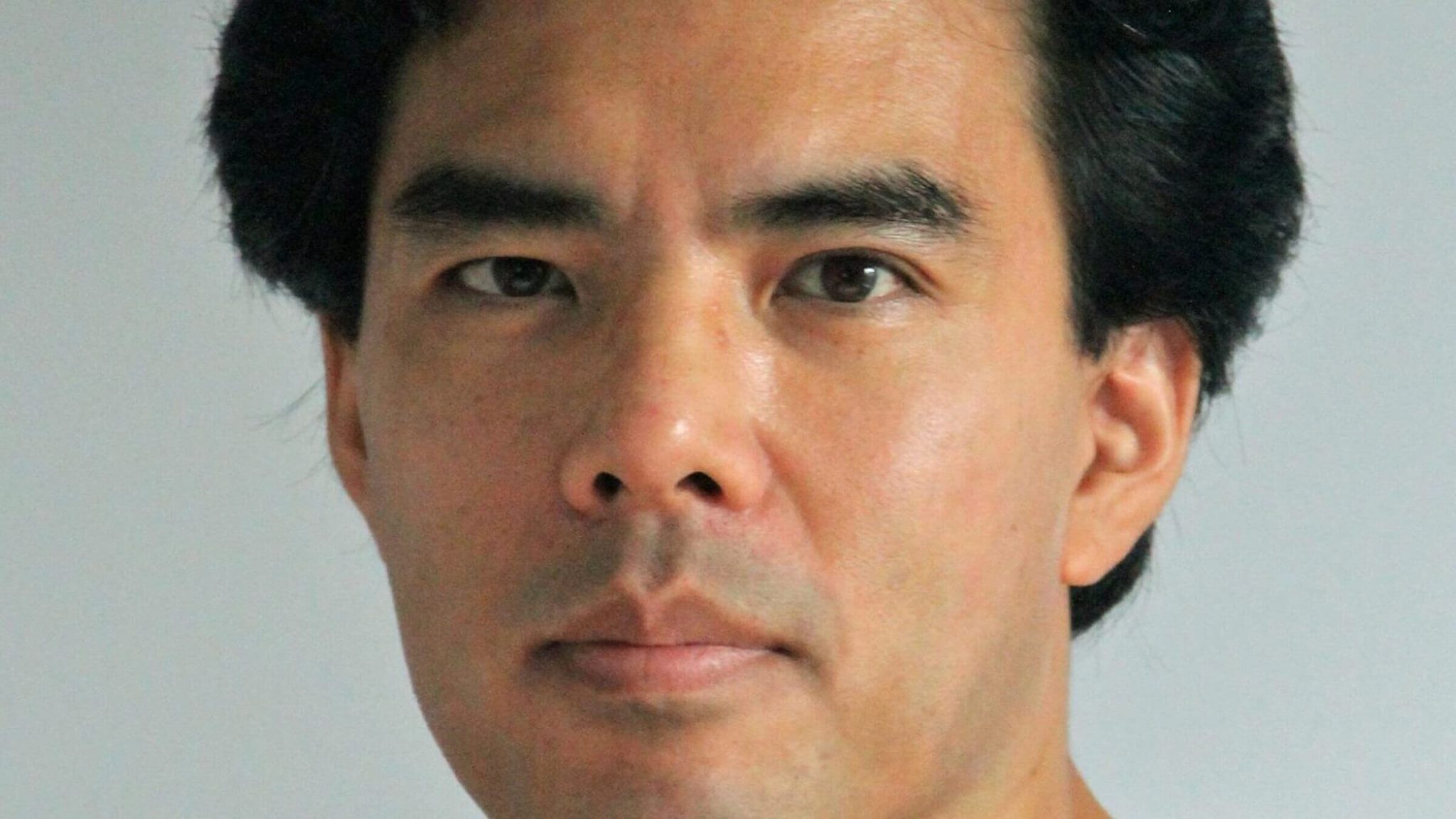Evolving Episodes: The Changing Landscape of TV Programming

In a 2017 first quarter earnings report given by Netflix CEO Reed Hastings, he attributed a near miss of their targeted 100 million subscriber mark not to other multi-billion-dollar streaming platforms pumping money into new content, but to a human factor: sleep. Stated with an air of sarcasm, Reed was implying that given the majority of binge-watching occurs at night, viewer numbers were down because people were falling asleep after an episode or two. In a 2017 Vulture List piece, author Kathryn VanArendonk offered a solution; “make shorter shows.” Two years later, Netflix is doing exactly that.
Do you have a pilot that needs to be read? Enter the ScreenCraft Pilot Launch TV Script Competition here.
We interrupt this regularly scheduled program…
Highlighted in a recent Thrillist article, Netflix series such as Special, Bonding, I Think You Should Leave, and more, have all followed a similar model: shorter episodes totaling to just over two-hours of runtime (or binge-time) per season. According to Esther Zuckerman, the article’s author, Hastings’ theory, and VanArendonk’s solution, have proved fruitful…
“In the age of too-much-content, it’s pleasing to encounter programs that don’t suck up much of your day and still tell a complete story. I found myself largely watching Special on my phone right before I went to bed…”
Shorter shows equal more binge-watching, which in-turn equals higher numbers for Netflix. But it’s not all done in the name of capitalist greed.
A Short History of Short TV…
The concept of 12 to 17-minute episodes has been done before: It started on programs such as Adult Swim and grew with the rising popularity of web-series that eventually made their way to TV screens (think Insecure and High Maintenance). Though, whereas Adult Swim had the backing of Comedy Central to produce, promote and sustain many seasons of short-form series, web-series in their original form lacked the support – and constraints – that major networks could offer. Now, mammoth-sized streaming platforms such as Netflix, Hulu and as Zuckerman points out, SundanceTV, are all dabbling in short-form content. The series aren’t lacking in depth or originality; the series are highly-rated and feature rarely-heard voices backed by network-sized budgets “while also catering to an increasingly mobile audience,” states Zuckerman.
The Business of Brevity…
New screenwriters are often counseled to write shorter scripts. The idea being that a shorter movie can have more screenings at a theatre. More screenings equal more money; more money equals more producers interested in buying the script. Free from the constraints of scheduling demands and ad-breaks, the short-form model should not be overlooked as shorter content requires less of a budget to produce and offers writers a chance to have more creative control over their vision. As proven by the vast array of high-quality, short-form content that’s available, story-quality hasn’t suffered.
Learn how to write great movie dialogue with this free guide.
Take Netflix’s Special, for example. Earning a 94% rating on Rotten Tomatoes, Special – adapted from his 2015 book, “I’m Special: And Other Lies We Tell Ourselves”— is a semi-autobiographical examination of creator-writer-star Ryan O’Connell’s life as a gay man living in Los Angeles. He also has Cerebral Palsy, and as one can imagine, the road to getting Special made was one riddled with bumps. As O’Connell told Variety, “putting a gay disabled lead on TV isn’t an instant sell. It takes time, perseverance and a sprinkle of delusion.” After shopping it around to various producers, nothing materialized until producer Jim Parsons and Netflix got a hold of it. Netflix was keen on letting O’Connell tell the story in his way and it has paid off. Operating on a low-budget with no massive set-pieces, the series is still resonating with audiences around the world. And it can be viewed in a single binge-watch session.
Similar to another Netflix show, Bonded, also highlighted in Zuckerman’s piece, Netflix made little changes to the work, further proving that audiences are hungry for series from diverse voices both in front of and behind the camera.
The Future of Short-form…
In some cases, the return to short-form content has been viewed as a “back to basics” practice. As stated in a recent Ringer article written by Alison Herman,
“In the half-decade or so since a tsunami of tech money reconfigured the economics of making digital-native series, the internet’s lack of constraints like time slots have been taken as a license to expand.”
But, as viewership numbers prove that longer episodes require more attention and thus more time to binge, an increasing number of streaming platforms are testing the viability of short-form content. “Special looks and feels like a web series of the old school,” Herman writes. Each episode’s situations, while nuanced, are relatable and exist in a world that feels similar to homegrown shows like Girls or Insecure.
Despite maintaining series that go well over the time limits of conventional TV episode standards, Netflix is clearly steering into waters that allow creators to churn out great content at a risk-mitigating cost. In the age of auteur-TV, more content means more voices get a chance to be heard; with the return of the short-form series, studios, networks, production companies and streaming platforms can now make room for more diverse storytelling.
 Andrew Schwartz is a marketing professional and script reader working in the entertainment industry. He has written and read for outlets such as The Blcklst, BlueCat Screenplay, Final Draft and more. Find him on Twitter at @writingshorts or his Instagram page dedicated to The Sopranos, @sopranosgram.
Andrew Schwartz is a marketing professional and script reader working in the entertainment industry. He has written and read for outlets such as The Blcklst, BlueCat Screenplay, Final Draft and more. Find him on Twitter at @writingshorts or his Instagram page dedicated to The Sopranos, @sopranosgram.
For all the latest ScreenCraft news and updates, follow us on Twitter, Facebook, and Instagram.
Tags
Get Our Screenwriting Newsletter!
Get weekly writing inspiration delivered to your inbox - including industry news, popular articles, and more!



























